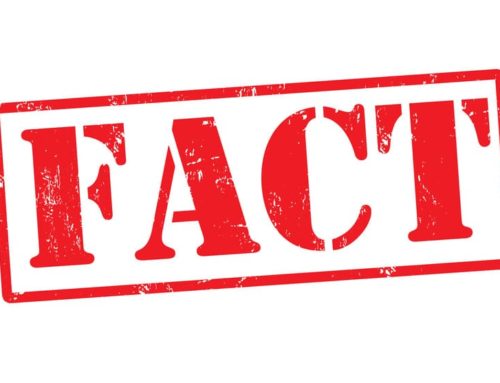What to Do If You’re Denied a Reverse Mortgage
Occasionally, we get calls from borrowers who were in the process of obtaining a reverse mortgage and found out they were denied by their current lender.
When reverse mortgages were offered by big banks, such as Bank of America and Wells Fargo, borrowers would also find themselves denied for x,y,z reasons and unable to continue the process of getting a reverse mortgage.
Back then, it was usually because of conservative appraisal guidelines by those lenders, and we would take those clients and find a lender who WOULD get them approved and closed.
Historically, qualifying for a reverse mortgage has been easy because it was simply based on your age (62 and over) and having enough equity in your home, while credit and income, for the most part, was not a factor.
Thirty days after March 2, 2015 begins a new era in reverse mortgage qualification:
Future borrowers are now subject to a credit and income approval like no other in mortgage history. Regardless of the credit score being 800, they can still be denied or have money withheld in a “Lifetime Escrow Set Aside” or LESA. This denial can be possible if the property taxes are behind, or other reasons even if the credit record is clean.
For those who were denied a reverse mortgage, they should consider the benefits of working with a broker like PS Financial Services, especially with the financial assessment looming.
For one, a brokerage works with more than one lender, building relationships with each of them and getting to know what a lender would accept and what it would not. If a borrower is working with only one representative of a big name lender, they are at the mercy of that one lender’s rules and regulations.
At the same time, there are brokers who specialize in regular (forward) mortgages. They might have 1 or 2 reverse mortgage lenders just in case they find that 1 client per year. In that case, they will have far less knowledge on how to close a reverse mortgage with a borrower who has Financial Assessment issues or less than enough lenders with whom to shop the mortgage.
However, because a brokerage works with more than one lender, especially if they are specialized in the reverse mortgage, as soon as they know a borrower’s specific situation, they can ascertain which lender would be most comfortable with the borrower’s file and which would not. Not all lenders are created equal and not all have the same hurdles to overcome, so the more in-depth knowledge the broker has regarding the reverse mortgage AND the financial assessment the smoother the process will be.
Additionally, if a borrower’s file has a setback and the underwriting department of a big lender has already formed an opinion, a big lender only has one way to go. A broker, on the other hand, can work with additional lenders to find the right fit for the client. While not every person will qualify for a Reverse Mortgage Loan, working with a broker can make the process easier. In many cases setbacks are issues brokers have dealt with before, so they can quickly determine the best course of action moving forward.
In some cases, the borrower can share their preoccupation or setback with the broker beforehand, which can send the details to more than one lender and see how each responds according to their own rules and regulations.
The fluidity of a brokerage versus a big lender is something that borrowers should be privy too and use to their advantage. While a representative of big lender carries the reputation of the company they work for, it’s important to note that a brokerage works with the same lenders as well, except without as much constriction as a representative.
Most importantly, a representative of any big lender is usually working for the retail side, as opposed to brokers who only work for the wholesale side.
I’ve used this example before, but it illustrates the difference perfectly:
Simply put, a broker has more options than a representative of a big lender and a brokerage specialized in the reverse mortgage has enough knowledge and experience to know how to proceed with any file.
If you’re denied a reverse mortgage, contact PS Financial Services at (888) 845-6630 or info@PSReverseMortgage.com and start working with, not only a brokerage but a brokerage experienced in reverse mortgages.
















